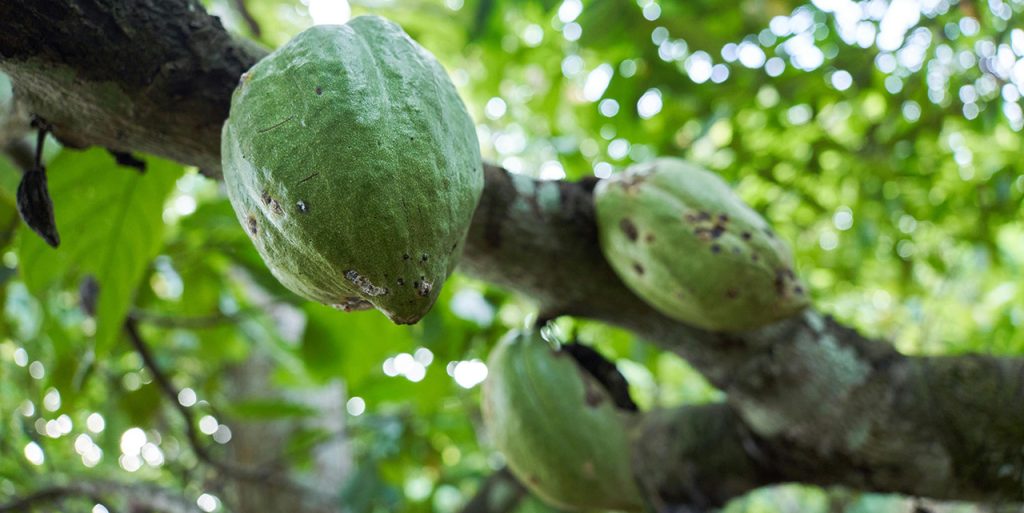
Bioenergy in North Africa: Unlocking Potential in Arid Lands
While North Africa may not be the first region that comes to mind when discussing bioenergy, several countries in this arid part of the world are actively exploring and developing sustainable bioenergy solutions. With abundant sunshine, significant agricultural residues, and a growing emphasis on renewable energy, nations like Morocco, Egypt, and Tunisia are harnessing the power of biomass to meet their energy needs while promoting environmental sustainability.
Biogas and Biomethane: Waste-to-Energy Solutions
One of the most promising bioenergy formats in North Africa is biogas, produced through the anaerobic digestion of organic materials such as agricultural residues, municipal solid waste, and animal manure. Countries like Morocco and Egypt are leading the way in biogas production and utilization.
In Morocco, companies like Izam Biodigester and Green Energy Park are pioneering innovative biogas projects, utilizing feedstocks from the agricultural and agro-industrial sectors. Additionally, the purification of biogas into biomethane has opened up new opportunities for renewable energy applications, with companies like NAREVA exploring the potential of biomethane for heating and power generation.
Renowned experts like Dr. Abdelkader Ait Baha from the University of Cadi Ayyad (Morocco) and Dr. Salah El-Hendawy from the University of Zagazig (Egypt) have made significant contributions to advancing biogas and biomethane technologies in the region.
Solid Biomass and Liquid Biofuels: Diverse Feedstocks and Applications
North Africa’s agricultural sector also provides opportunities for the utilization of solid biomass and liquid biofuels. The region’s cultivation of crops like sugarcane, wheat, and corn has fueled the development of a growing biofuels industry.
Companies like SODIMA (Morocco) and Ethanol Misr (Egypt) are leading producers of bioethanol, primarily derived from sugarcane and other agricultural feedstocks. Additionally, the production of biodiesel from used cooking oil and other vegetable oils has gained traction, with companies like NOOR Energy (Egypt) and Biocarburants du Maghreb (Morocco) at the forefront of this sector.
Solid biomass, such as agricultural residues and forestry waste, is also being utilized for energy generation, particularly in the industrial sector. Companies like Lafarge (Algeria) and CIMER (Tunisia) have made significant strides in using biomass for cogeneration and process heating in their facilities.
Renowned Experts and Research Institutions
North Africa boasts several renowned experts and research institutions dedicated to the advancement of bioenergy technologies and policies. Dr. Abdelkader Outzourhit from the National School of Applied Sciences (Morocco) is a pioneer in the field of biomass gasification and syngas conversion, while Dr. Heba Yassen from the National Research Center (Egypt) is a leading expert in bioenergy sustainability and policy analysis.
The Energy Research Center (Morocco) and the Biogas Research and Development Center (Egypt) have played pivotal roles in bioenergy research and development, contributing to the region’s efforts to promote sustainable energy solutions.
Breakthroughs and Developments
North Africa has witnessed several notable breakthroughs and developments in the bioenergy sector. For instance, the Tunisian company Taysir Environnement has developed a groundbreaking technology for converting agricultural residues into high-quality biochar and biofuels through a process called pyrolysis.
Additionally, the Moroccan company Green Energy Park has made significant strides in developing advanced biofuels from agricultural residues and waste streams, showcasing the potential for innovative biomass valorization strategies.
Looking Ahead
As North African countries continue to explore and develop their bioenergy resources, the region presents exciting opportunities for economic growth, energy security, and environmental sustainability. With abundant biomass resources, a growing research and development ecosystem, and supportive policies, these nations are well-positioned to contribute significantly to the global transition towards a low-carbon economy. Through ongoing innovation, international collaboration, and sustainable resource management, North Africa can leverage its bioenergy potential to meet its energy needs while promoting environmental stewardship and addressing climate change challenges in this arid region.
